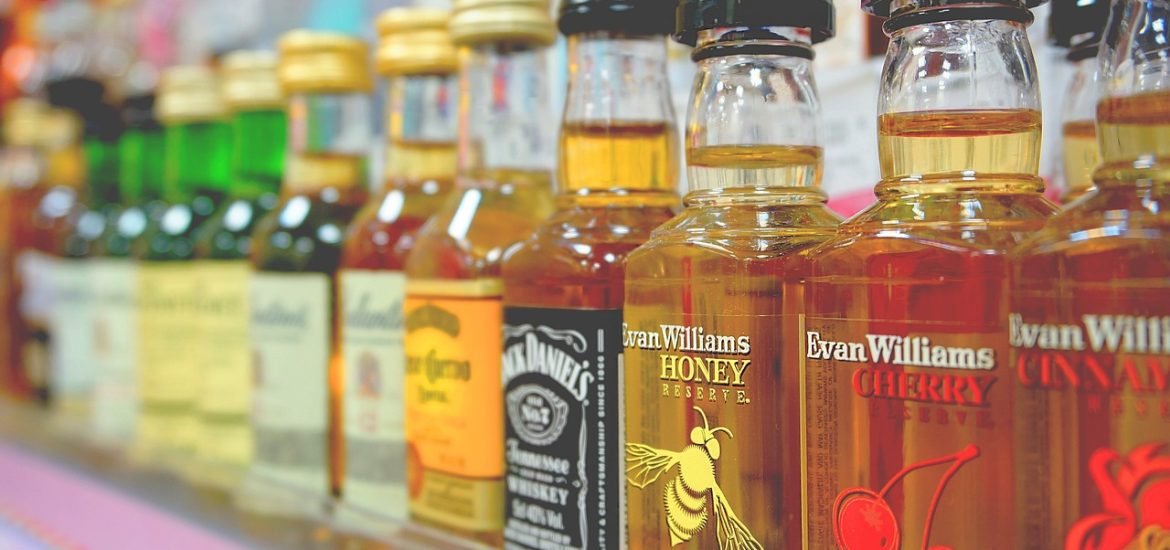
More than half of heavy drinkers in England claim they would change their drinking habits if the bottle had calorie labels, according to a new study by researchers from UCL (University College London). The authors suggest calorie labels could help some drinkers maintain a healthier weight.
The team surveyed over 4,500 people in England, including heavy drinkers, light drinkers, and non-drinkers. The team then examined their answers to assess the impact that labels on alcoholic drinks might have on people’s attitudes and drinking behaviour. The results showed that 54% of heavy drinkers said they would change their drinking if they could read the calorie labels before drinking. In contrast, only 44% of lighter drinkers said the same. Many participants also agreed that calorie information should be provided in shops, supermarkets, pubs, and restaurants.
When asked about what specifically they would change in their drinking habits, more than a quarter of heavy drinkers would choose lower-calorie drinks, while one in six said they would drink less often or consume fewer drinks. The survey also included questions regarding the calorie content of several alcoholic beverages. It turned out that heavy drinkers were more likely than lighter drinkers to accurately estimate the number of calories in beer, wine, cider, and spirits.
“Our study found that a sizeable proportion of heavier drinkers said they would change their drinking habits if calorie labelling were introduced. This suggests labelling might help target higher-risk drinkers who are getting a greater proportion of calories from alcohol and are more likely to gain excess weight as a result,” said Professor Andrew Steptoe (UCL Behavioural Science & Health). “While survey responses do not necessarily correspond to behaviour, the results indicate that labels could play a useful role in reducing consumption of the hidden calories in alcohol. About 9% of calories consumed by men and 5% by women come from alcoholic drinks. Alcohol calorie labelling could therefore contribute in a modest way to helping people maintain a healthy weight.”
UK law states that all food and non-alcoholic drinks must include labels with nutritional information. However, alcoholic products are exempt and only need to show the strength of alcohol, the volume, and the allergens present in the drink.
“While these results are encouraging, it is unlikely that alcohol calorie labelling in isolation would contribute substantially to the UK Government’s strategy to reduce harms from alcohol and obesity. It might have a positive role as part of a more comprehensive approach, including regulation on advertising, availability, taxation, and price,” said Professor Jamie Brown (UCL Behavioural Science & Health).
Nevertheless, the authors believe making information about calories more available would be helpful, as this was the most common action in response to mandatory labelling and was particularly popular among hazardous drinkers.
Steptoe A, Sheen F, Conway R, et al (2024) Potential impact of alcohol calorie labelling on the attitudes and drinking behaviour of hazardous and low-risk drinkers in England: a national survey. BMJ Open 2024;14:e087491. doi: 10.1136/bmjopen-2024-087491